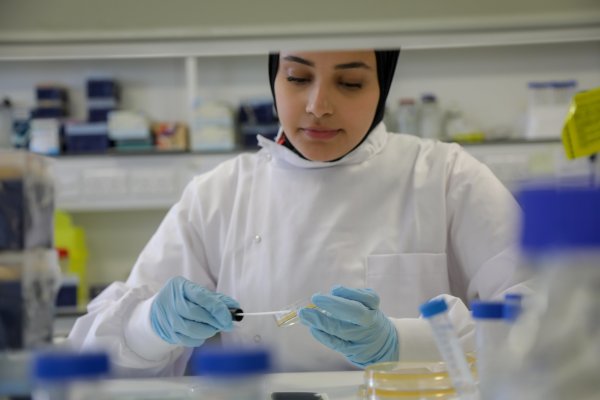Work with GRAM
GRAM invites researchers, health professionals, and other officials with expertise in AMR and access to high-quality data to collaborate.

Limited data are available in many parts of the world where the estimated burden of AMR is greatest, including low- and middle-income countries. GRAM is seeking collaborators who can help us address this deficit, and improve our modelling of antimicrobial resistance and consumption worldwide.
All GRAM collaborators are invited to participate in research that utilizes relevant data and expertise. In addition, collaborators are invited to join IHME’s GBD collaborator network, which provides numerous research and educational opportunities, in the field of AMR and across global health.
Data are needed for more impactful research
To investigate antimicrobial resistance and consumption, GRAM seeks one or more of the following types of de-identified data, each of which is critical for the delivery of GRAM’s research programme for the AMR community:
1) microbiology laboratory data with antimicrobial susceptibility testing (AST) results
2) clinical outcome data (including mortality information), and
3) antimicrobial consumption and use data
If you have further questions about these data, please contact GRAM: barney.mcmanigal@ndm.ox.ac.uk.
Read more about our research on the GRAM website
Contributing AMR data
To facilitate this research, GRAM is utilising the IDDO platform as a trusted repository of clinical data, for potential collaborators to contribute AMR data to collaborate with GRAM.
Find out more about how to contribute data, including information regarding secure data storage, and IDDO’s process for managing access to the data via its independent Data Access Committee (DAC).

